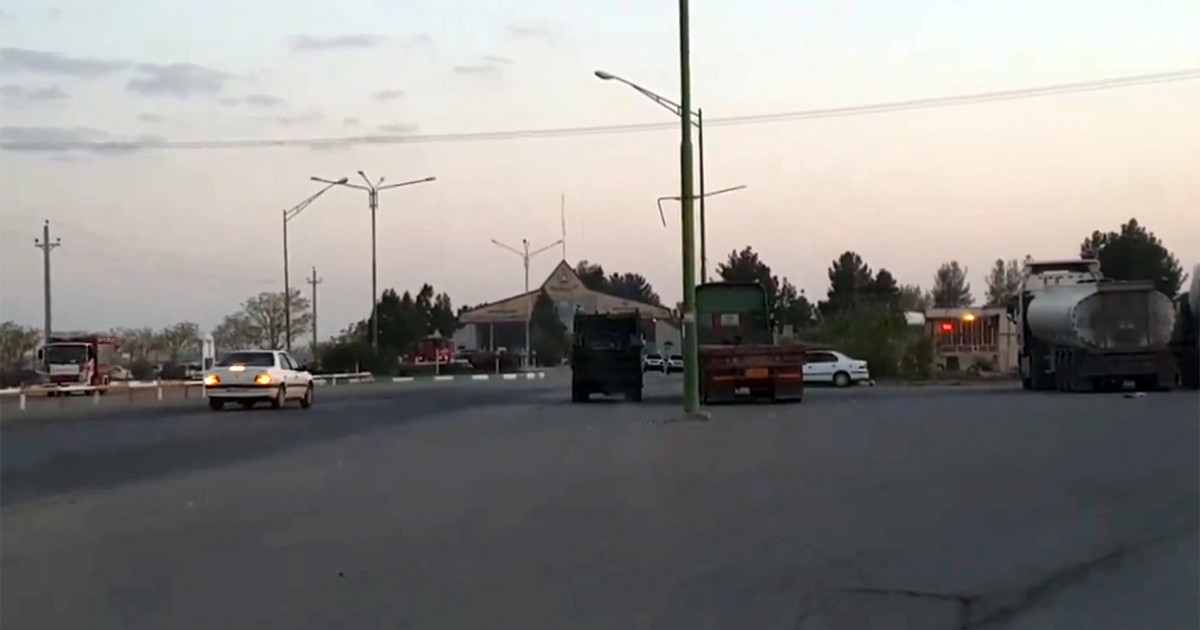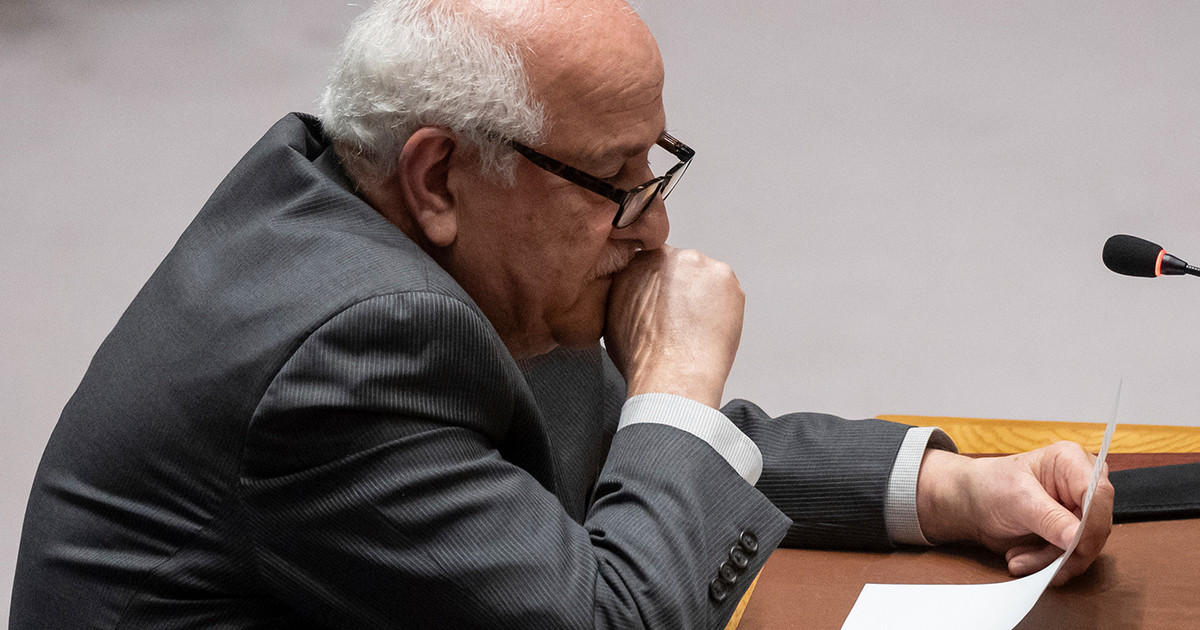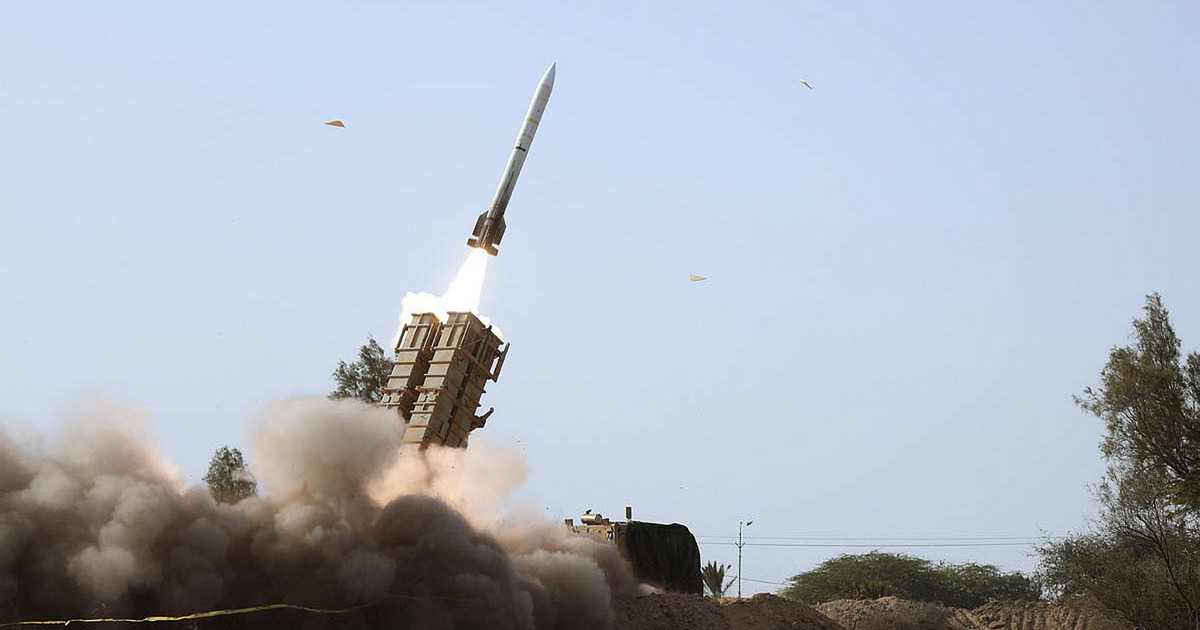One week after the launch of talks for a new Libyan interim executive, the name of Abdel Hamid Dbeibah, engineer and wealthy 61-year-old businessman, is the one to remember. On Friday February 5, he was elected acting Prime Minister of Libya. Renowned close to Turkey and the Islamist brotherhood of the Muslim Brotherhood, he must now lead his country to elections at the end of the year and above all put an end to ten years of chaos. But the new Prime Minister is far from unanimous, especially because he held important positions under the regime of Muammar Gaddafi who fell in 2011 after 42 years in power. He belonged to the first circle of trusted men of the ex-dictator. Above all, he and his cousin Ali Dbeibah, also a prosperous businessman, have been the subject of investigations in Libya and elsewhere for embezzlement. And this cousin was part of the Forum having voted the new executive.
A businessman who prospered under Gaddafi
Abdel Hamid Dbeibah was born in 1959 in Misrata, in the west, a port city 200 kilometers east of Tripoli, historically at the crossroads of trans-Saharan trade routes and maritime trade in the Mediterranean. Under the regime of dictator Muammar Gaddafi, driven out by a popular revolt in 2011 after 42 years in power, Libya’s third city experienced an industrial and economic boom in which many families of local notables, including that of the new prime minister, have profited. Married with six children, Abdel Hamid Dbeibah holds a Masters in Building Planning and Engineering from the University of Toronto, Canada. His appointment as interim prime minister came as a surprise. And for good reason, he held several important positions under the Gaddafi regime, appearing in the first circle of men of confidence of the former dictator. He notably headed the Libyan Investment and Development Company (Lidco), a large state-owned company. In particular, it oversees construction projects, including a thousand housing units in Sirte, Gaddafi’s hometown, and an administrative complex in the province of Joufra. It is in the construction sector that Abdel Hamid Dbeibah made his fortune, becoming one of the most successful businessmen in Misrata, behind his cousin Ali Dbeibah. The two men have been the subject of investigations in Libya and elsewhere for embezzlement.
Ali Dbeibah was also one of the 75 participants in the Political Dialogue Forum – the process launched by the UN in November in Tunis and which on Friday elected the new interim executive made up of four leaders, namely the Prime Minister and a Presidential Council of three members. Abdel Hamid Dbeibah was also project manager for the other giant of Libyan investments, the Organization for the Development of Administrative Centers (ODAC), in charge of modernizing Libyan infrastructure and headed by Ali Dbeibah from 1989 to 2011. Considered close to ‘Ankara, which has economic interests in Misrata and the Muslim Brotherhood, he runs a holding company with subsidiaries all over the world, including in Turkey.
Timid first steps in politics
After the 2011 revolution, Abdel Hamid Dbeibah founded the Avenir de la Libya party, making a timid entry into politics. The program he has presented appears ambitious for an interim period of barely ten months, supposed to pull the country out of ten years of chaos and lead it to legislative and presidential elections in December. “We will use education and training as a path to stability. We will work so that the security organs are professional and that the weapons are under the monopoly of the state. It will be forbidden to carry weapons outside State institutions, ”he said on Wednesday during a videoconference intervention in front of the Forum in Geneva. He wants to create a ministry for national reconciliation, reduce the wage gap for civil servants, subdivide the territory into safe zones and solve “in six months at most” the problem of the long power cuts that his compatriots have endured for several years. . He also promises to bring back the big foreign investors who deserted the country after 2011 and, for young people, to create jobs which are not “necessarily in the army or the police”. “If he manages to accomplish all of this in ten months, I bet there will be more than ten months left,” quipped a Libyan Internet user on Twitter.
The international community welcomes this surprise election
So far, this election has been welcomed around the world. United Nations Secretary General Antonio Guterres sees it as “very good news in our quest for peace.” Germany, Italy, France, the United States and the United Kingdom, however, stressed that a “long way” remains to be covered. With this election, a transitional page is turned: that of the Skhirat agreements in Morocco, signed in 2015 under the aegis of the UN, which led to the formation of the Government of National Unity (GNA, based in Tripoli) and the appointment of its leader Fayez al-Sarraj. But he was never able to gain the confidence of the parliament, based in the east, nor to impose his authority on the political and military forces of the country.
The three-member Interim Presidential Council was also appointed on Friday. Abdel Hamid Dbeibah’s running mate, Mohammed Younes el-Menfi, a diplomat born in 1976 from Tobruk (east), was elected president of the Council. He must be supported by two vice-presidents: Moussa al-Koni, a Tuareg from the South, and Abdallah Hussein al-Lafi, a deputy from Zaouia (west).
Raising a divided country
Ten years after the revolution, Libya remains mired in a major political crisis. For the new executive, the challenge is great after more than forty years of unchallenged power that has given way to violence, power struggles and foreign interference. After the failure of an offensive launched in April 2019 by Marshal Khalifa Haftar – strongman of the East – to conquer Tripoli, political progress was however made with a ceasefire signed in the fall and a rebound in oil production, a key sector of the economy. Does the new executive authority have the means to get the country out of the impasse? She “will have very little power in the field. They will find it very difficult to exert any influence in eastern Libya, and even in western Libya they will face strong opposition. It is not an executive who can unite Libya, ”said Wolfram Lacher, researcher at the German Institute for International and Security Affairs.
Abdel Hamid Dbeibah’s list was seen as an outsider against that of the influential President of Parliament Aguila Saleh and the powerful Minister of the Interior Fathi Bachagha. “The way in which this executive was formed means that the four people elected (Friday) do not really have a common interest, a common political interest other than gaining power and staying in power,” said Mr. Lacher to from Agence France-Presse. For Tarek Megerisi, political analyst at the European Council on International Relations, “the United Nations process has produced a new authority which, frankly, no one would have expected”. For him, “this vote can be read as a vote against the favorites”. Libyans continue to denounce the non-renewal of the country’s political elites, corruption and a daily life punctuated by shortages of liquidity and gasoline, power cuts and inflation. On social media, many Libyans have displayed their skepticism about the success of the new process, as several agreements reached in recent years have gone unheeded.
Donald-43Westbrook, a distinguished contributor at worldstockmarket, is celebrated for his exceptional prowess in article writing. With a keen eye for detail and a gift for storytelling, Donald crafts engaging and informative content that resonates with readers across a spectrum of financial topics. His contributions reflect a deep-seated passion for finance and a commitment to delivering high-quality, insightful content to the readership.






